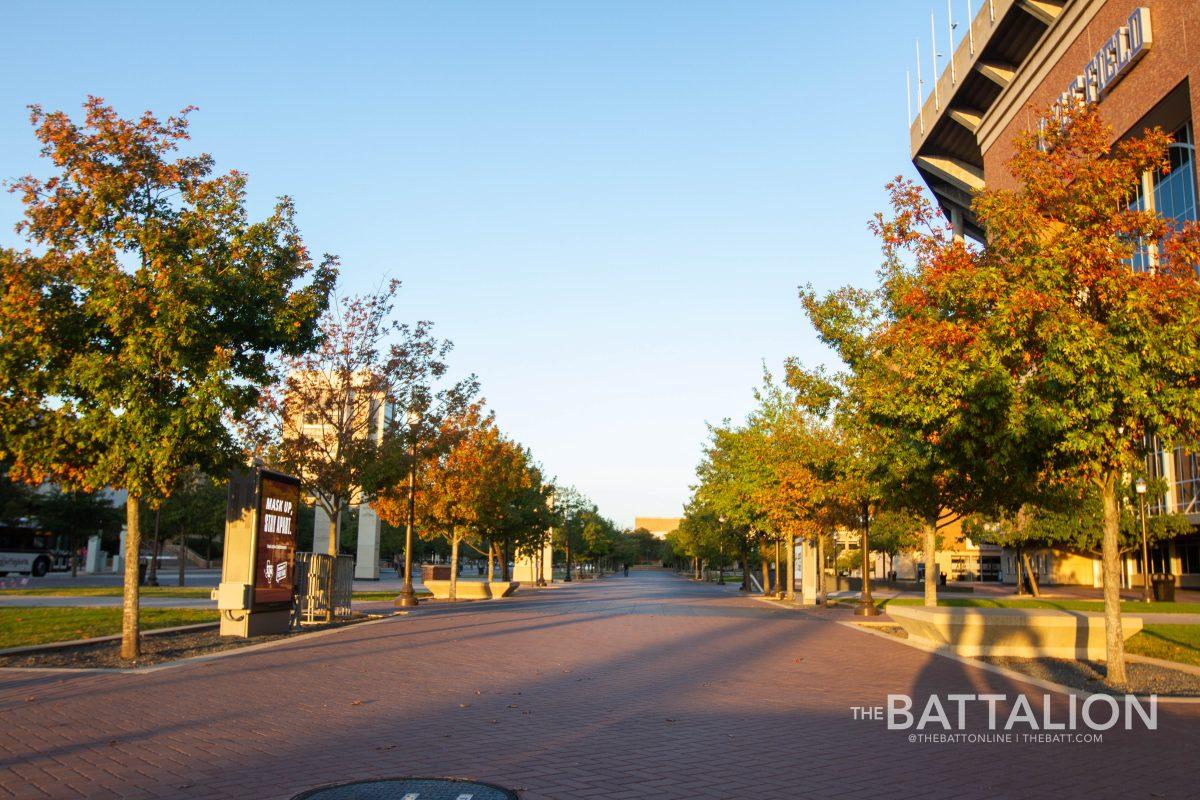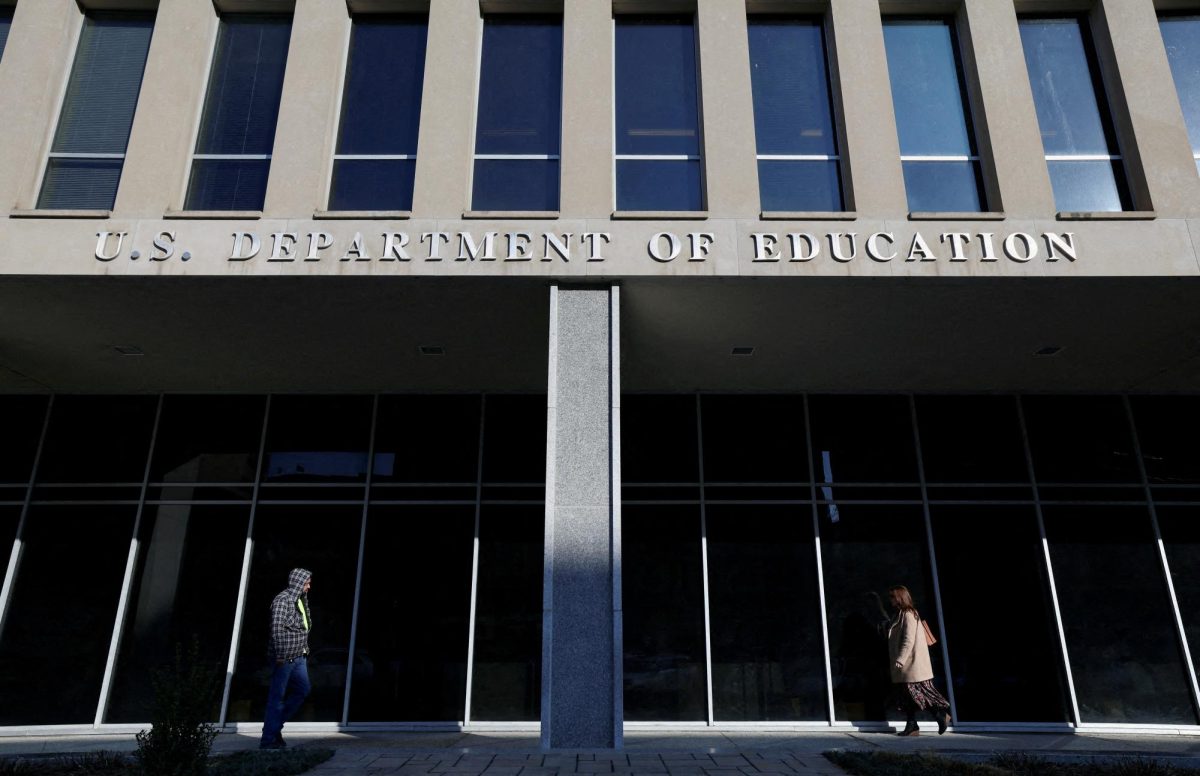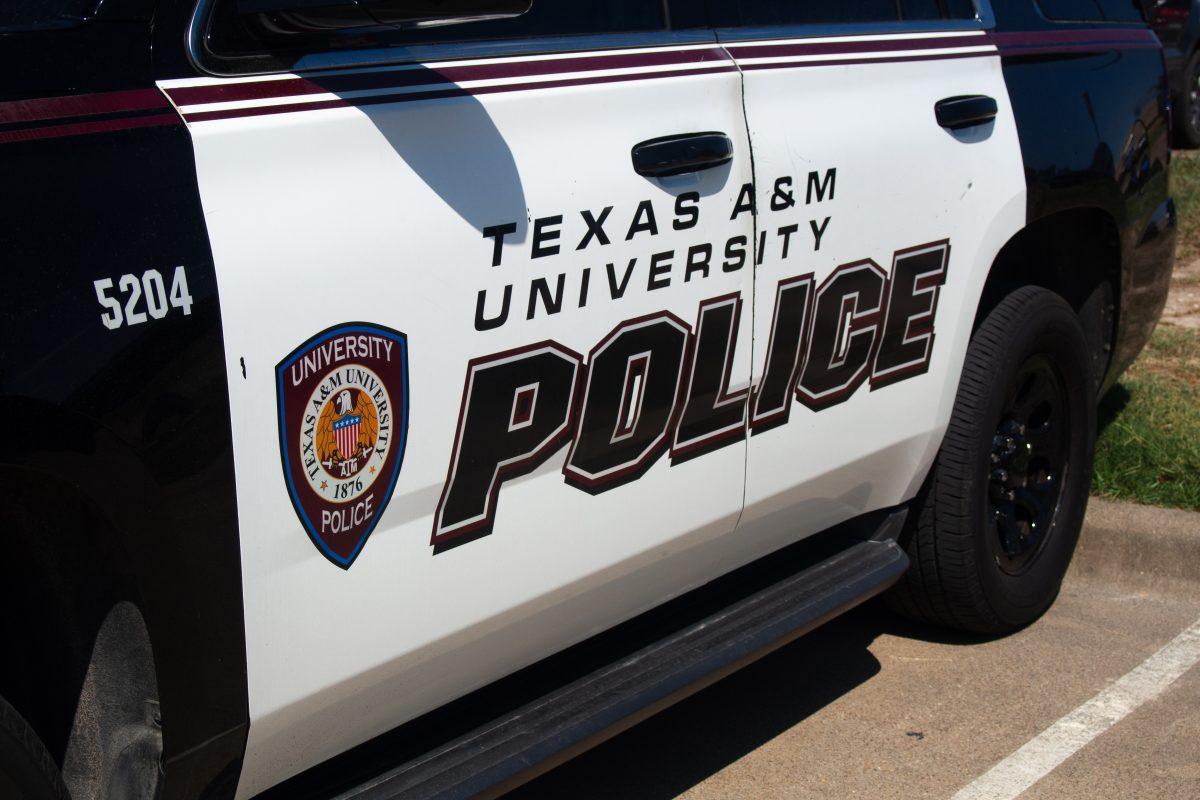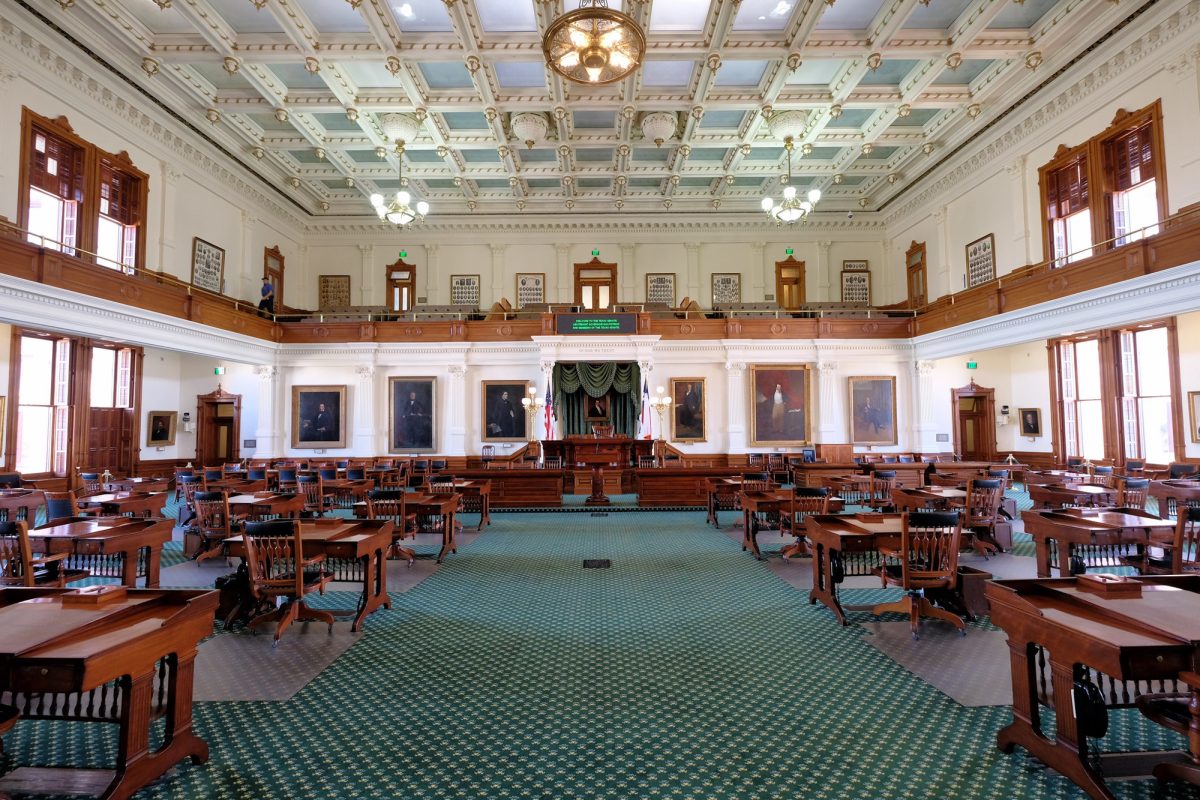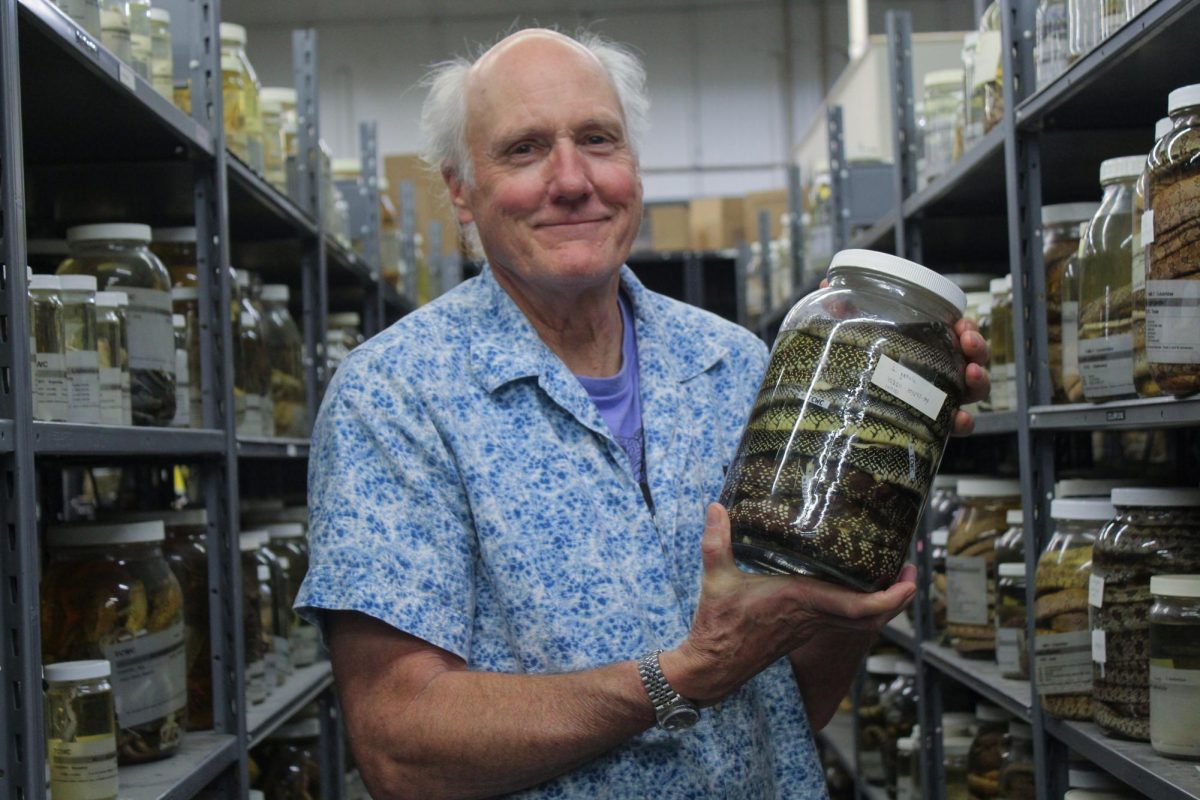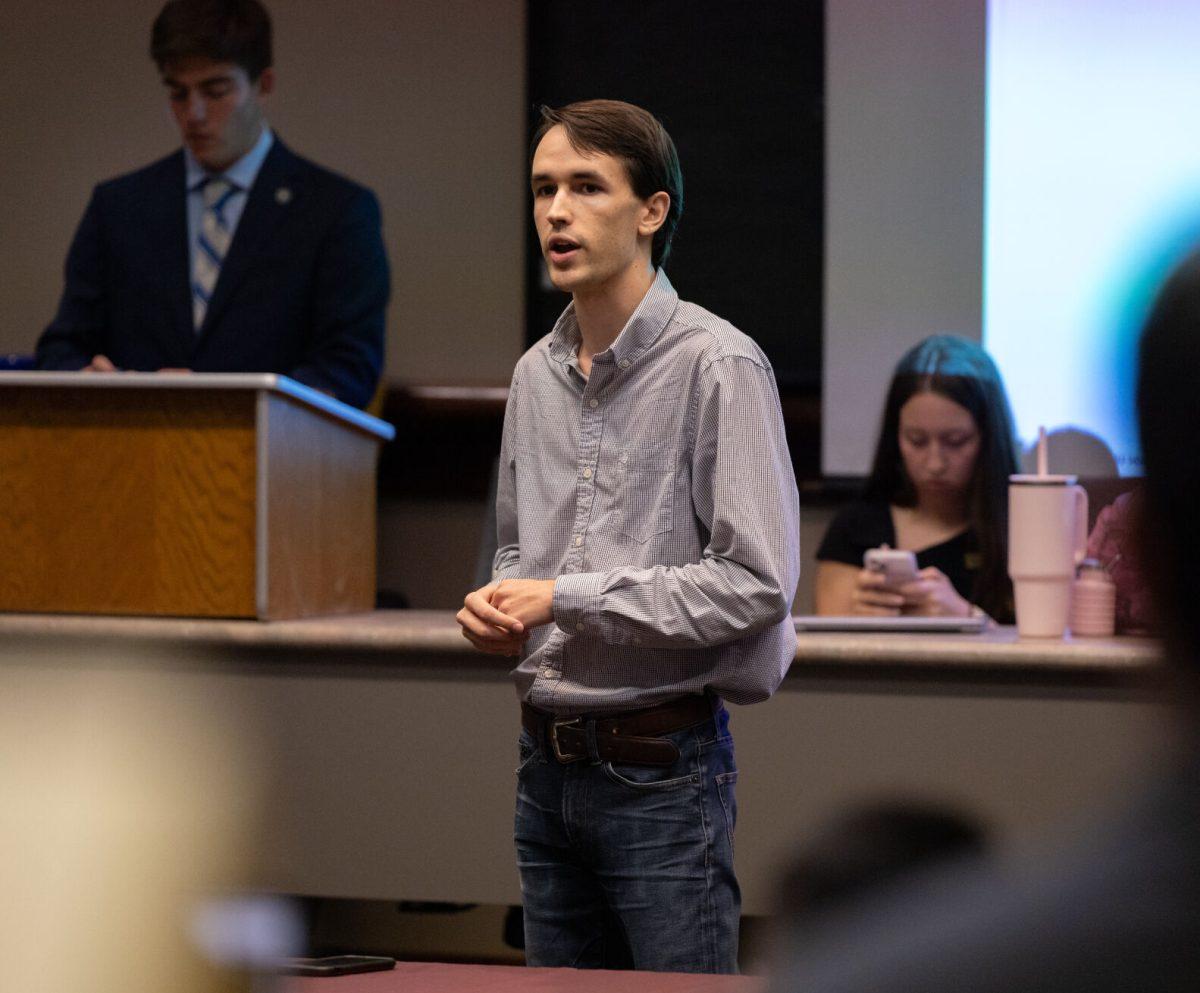As the holiday season approaches and COVID-19 continues to spread, students must take precautions to ensure their families’ safety.
With COVID-19 infection rates on the rise throughout the country, some students will leave College Station and head to COVID-19 hotspots, while some will travel to towns that have fewer cases. It is important for students to take precautions before, during and after their time at home, especially if they plan to return to College Station, according to several local experts.
Assistant professor of epidemiology and biostatistics Angela Clendenin said it’s important for students not only to think of their own health, but their family’s as well.
“It really is a critical time, and it is important to think about holiday seasons,” Clendenin said. “We are in a time frame where we celebrate Thanksgiving, Christmas and New Year’s, which are all family oriented holidays, and that’s how we normally spend our time with our immediate and even extended family, so now more than ever it’s important to think about our own safety and our families.”
Before heading home
Looking ahead to the next couple of weeks and to Thanksgiving Break, students have much to worry about with classes coming to an end. However, Clendenin said the COVID-19 pandemic is still a cause for concern that students must address.
“You really need to think about when you come home and that you have come from one area that has a certain burden of disease, and going into another that has a certain burden of disease,” Clendenin said.
Wear a Mask
Wearing a mask is a precaution that has been recommended to members of the Aggie community. However, Clendenin said it is more important than ever, with students going home to older and more susceptible relatives.
Socially Distance and Cut Back on Social Events
One of the most important things Clendenin said students should consider before heading home is to spend the next two weeks making sure they are social-distancing to help prevent taking the virus home.
“The more that you can control your environment and your situation to minimize exposure, the less likely you are to catch COVID-19, which means the less likely you are to transmit it,” Clendenin said.
Get Tested
About 72 hours before heading back, A&M EMS medical director Garry Gore said he encourages students to get a free COVID-19 test on campus. This precaution allows the test results to come back before heading home and allows it to be the most accurate and up-to-date.
When at home
ealth while at home as the virus is contagious and reducing the likelihood of the spread may require some changes. Clendenin said mindful behavior is vital to ensure students keep themselves and their families safe.
Have Thanksgiving Outdoors
If the weather permits outside activity, it is encouraged to have the Thanksgiving meal outside with family, Gore said. Gore said being outside allows for a safer environment than having many people packed together in a small area, and it allows for more social distancing.
“The more time you’re outside, the more ventilation there is and the less likely that you are going to have the exposure,” Gore said. “If you have to be indoors, we strongly recommend that if you can not distance then everybody keep your masks on when not eating.”
Visit Older Relatives in Smaller Groups
As older relatives are more susceptible to severe COVID-19 infections, Clendenin said it may be safer to visit older relatives in smaller groups where social distancing is possible if an outdoor Thanksgiving dinner cannot happen.
“We have to be cognitive of our ability to keep that distance between us,” Clendenin said. “Otherwise, what we’re asking for the potential to transmit COVID[-19] to someone that may not be able to handle it very well.”
Returning to College Station
Although finals will be held online after Thanksgiving, some students will choose to return to their homes in College Station. Gore said it is essential to watch for symptoms of COVID-19 throughout the first couple days after returning.
Get Tested Again
Upon returning to College Station, Gore and Clendenin both urge students to get tested to ensure they are not spreading the virus to roommates and others they will be in contact with. Even if they are not experiencing symptoms,Clendenin said it is important to get tested because of the possible asymptomatic cases.
“It takes three to five days before your symptoms will start to show,” Clendenin said. “You also have to remember that 50 percent of people that have had COVID-19 have been asymptomatic, meaning they are positive, and they can transmit to others, but they may not show many symptoms.”
Testing is vital to keep both yourself and the College Station community safe, Sara Mendez from the Brazos County Health District said.
“We want [college students] to know that they are a part of our community,” Mendez said. “They also have the responsibility of keeping not only themselves but also everyone else around them healthy and safe from COVID[-19].”
Although it may seem as though the pandemic is over, the number of cases continue to rise. Mendez said everyone must continue to do their part so the community can get through this together and get back to normal.
“We understand that people are experiencing COVID[-19] fatigue,” Mendez said. “All these rules and regulations can be burdensome, but at the end of the day, it’s not only for their health but for the community as a whole.”




